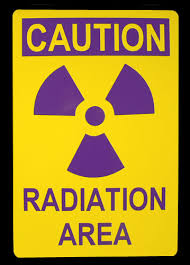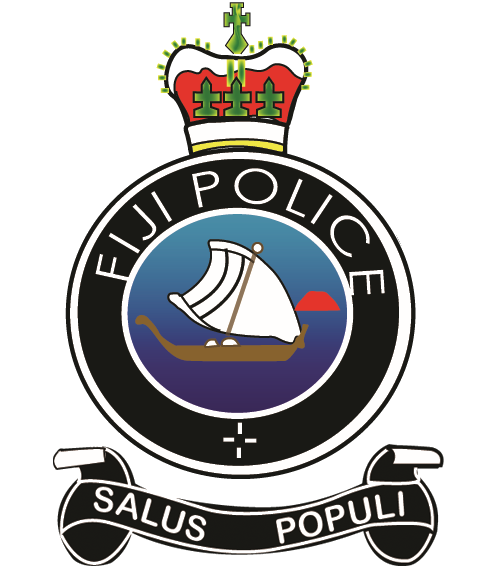Staff Wrtiters
In August of last year, Japan initiated the release of water that had been collected from the Fukushima nuclear plant following a meltdown caused by an earthquake and tsunami in 2011.
The response from Pacific leaders was varied, with some expressing support for the move and others strongly opposing it, particularly advocates for nuclear disarmament.
Despite ongoing concerns raised by the Marshall Islands, including their unique history of radioactive contamination from past nuclear testing, President Heine ultimately chose to align with other Pacific nations in accepting the endorsement of the International Atomic Energy Agency (IAEA) regarding the safety of the released water.
During the 10th Pacific Islands Leader Meeting (PALM) in Japan, President Heine emphasized the importance of monitoring the situation closely and suggested the establishment of a monitoring program to ensure transparency and understanding of the impact of releasing treated nuclear wastewater into the Pacific Ocean.
At the same time, Mark Brown, who serves as the Chair of the Pacific Islands Forum and is also the Prime Minister of the Cook Islands, argues that the release of water does not violate the principles of the South Pacific Nuclear Free Zone Treaty, also known as the Treaty of Rarotonga. He stated that Japan is adhering to all necessary global regulations.
“At the Pacific Islands Forum Foreign Ministers Meeting on Friday, Brown stated, “There is no breach here because the water is undergoing treatment and purification, ensuring that all isotopes are removed before being discharged.”



